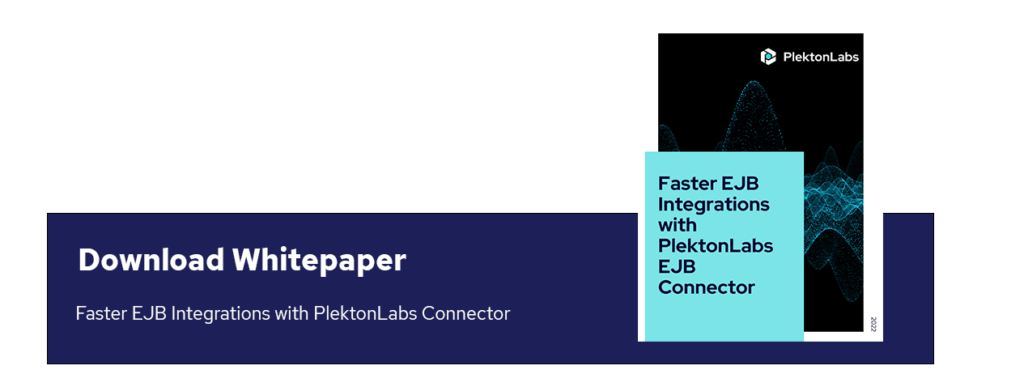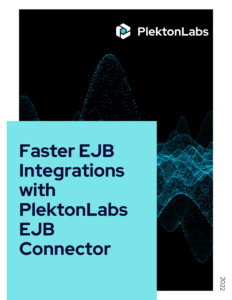There’s always a lot of talk about how APIs spearheaded the digital transformation in the business sector. However, equally impressive are the roles APIs play in revolutionizing the healthcare industry. A combination of APIs and digital interoperability has transformed the way the medical sector functions and is paving the way for the future of our healthcare.
How does this all work? This article will explore the ways digital interoperability resulted in the healthcare system we take for granted today.
Healthcare in the Past
Nowadays you can walk into any clinic for a checkup, lab work, or consultation and expect the healthcare workers to already know your medical history. This in itself is a pretty recent phenomenon.
In order for any healthcare system to work, there has to be a chain of communication between the patient, various healthcare providers, insurance companies, as well as pharmacies, and other third-party vendors. In the past, patient data and history were usually faxed or sent by courier, or relevant information was conveyed through phone calls. This communication process was complex as it sounds.
As expected, this was time-consuming, prone to errors, and made it difficult to maintain patient confidentiality. This changed with the development of Electronic Health Records (EHR) and the emergence of digital interoperability.
To put things simply, EHR offers a digital copy of a patient’s charts and history, making it easier and faster to exchange information with other healthcare providers and parties involved. But EHRs could lead to additional complexity: with different departments in a hospital running different EHRs, that are in turn separate from the patient’s insurance provider. As a result, various pieces of data would end up siloed, resulting in the potential for massive complications.
API and Digital Interoperability: Transforming Healthcare
Incorporating APIs into the healthcare sector created a standardization for the industry. Using API-led connectivity enables the various pieces of the healthcare machinery to access real-time information about the patient. As a result, hospitals, insurance, at-home nursing services, and other players are all in the loop and can work together to ensure better care.
In other words, healthcare APIs work to break patient data out of silos and fill in the gaps created by these silos. At the same time, they protect the privacy and confidentiality of the patients’ personal information.
APIs in the healthcare sector fulfill a variety of roles. Because data is more accessible, patients can reach out to directories containing information about different healthcare providers and the services they offer. Similarly, they can look for health insurance providers and choose the coverage plan that is best suited for them.
Similarly, APIs can be used to send patient information crucial to different parties in the healthcare network, like between different doctors’ offices, or from insurance providers to a particular hospital. They also make it faster and easier to create and access records for patients and care providers.
Challenges Faced by the Medical Sector
The truth is, APIs and digital interoperabilitys don’t solve all the problems in the already bloated healthcare system. There is a scramble among insurance and healthcare providers to meet ever-changing regulations, which often leaves consumers out to dry. For most patients, their insurance companies lead them to expect a certain amount of coverage that isn’t provided when needed.
More importantly, the healthcare system is still pretty convoluted and this results in a lot of vital time being wasted for the patient. In fact, nearly 80% of consumers are unhappy with the healthcare they are being provided.
Many of these issues are caused by an internal system overload. At the same time, there is concern about data security. Proper governance is required to make sure patient data remains privileged and accessible to only those who need it.
What Does the Future Hold for APIs and Digital Interoperability in Healthcare?
Like other sectors, healthcare is gravitating towards Cloud. There is a greater need for efficiency within interoperability. A new standard, Fast Healthcare Interoperability Resources (FHIR) has been created which aggregates and integrates patient data from various sources. Standardizing healthcare at the AP level will increase flexibility while maintaining a framework for interoperability.
More importantly, it will speed things up for consumers. Patients will be able to switch between healthcare providers and insurance plans easily, as data will be transferred much more quickly. Similarly, providers can use all the data to come up with improved insight into the patient’s health, as well as create a better treatment plan. In addition, transferring lab work, updating patient information, and changes in overall health are made much simpler thanks to APIs.
Healthcare shouldn’t be complicated, especially not with the technology we currently have. With a combination of API-based interoperability and things like IoT and cloud solutions, hassle-free healthcare is likely to become a reality sooner than later.




